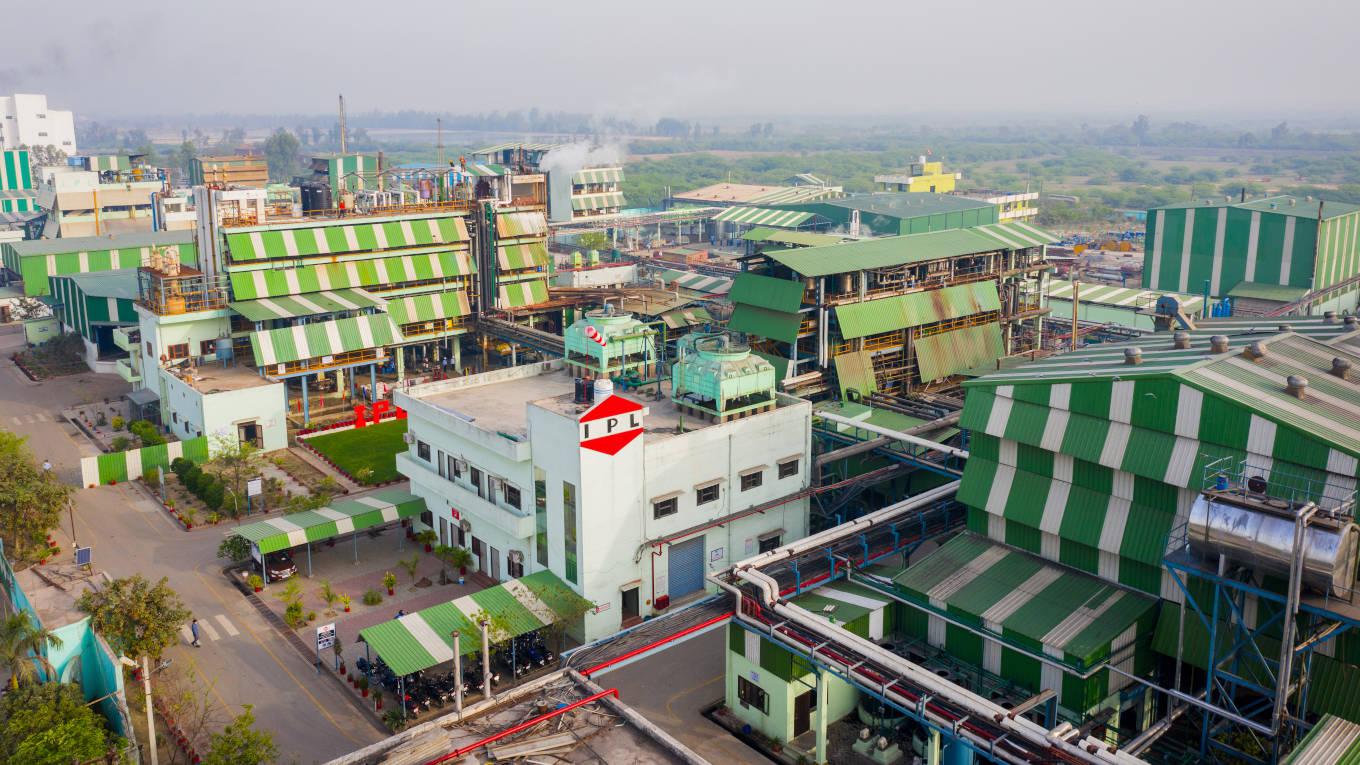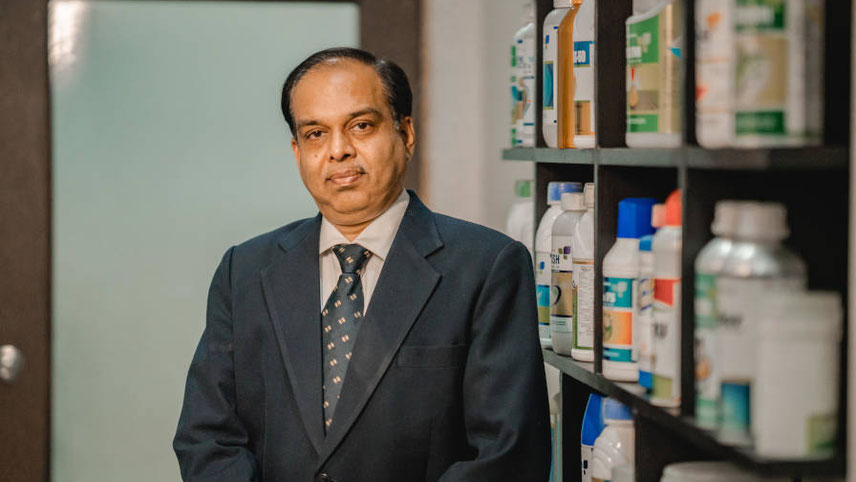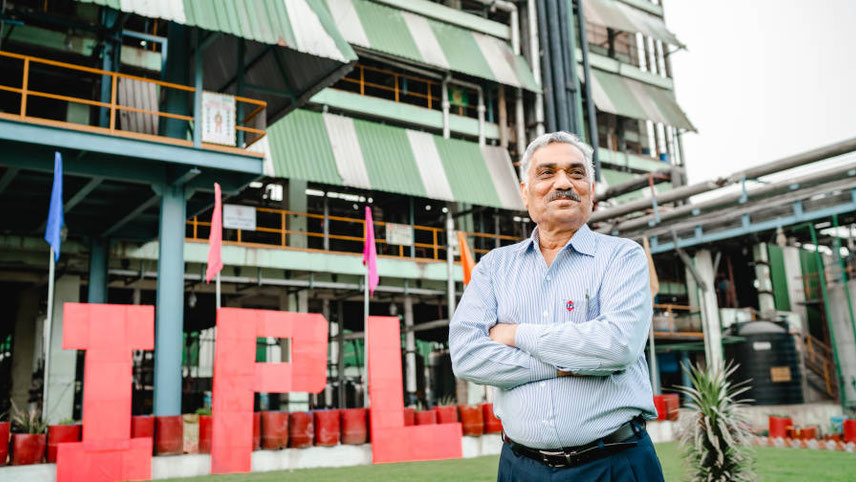He has a degree in law from Lucknow University and has also completed the CA course (intermediate level), because his father, a practising lawyer at Bareilly, wanted him to enter the legal profession. But business had always attracted him more than the legal practice. And, thus it was that, in 1984, Anand Swarup Agarwal managed to set up a small BHC (Benzene hexachloride) dust-making unit called India Pesticides Limited in the courtyard of the family house at Lucknow. “I borrowed Rs10,000 from my father to start the small unit,” he recalls. “And I must have made just about Rs1 lakh a year initially.” He then thought of making pesticides for sugar cane. “And, it really was a bright idea,” he chuckles. Agarwal, now chairman & non-executive director, India Pesticides, has built the company into a Rs650 crore premier agro-chem entity. From the backyard of the family house, India Pesticides has emerged as an R&D driven agro-chemical manufacturer of technicals, with a growing formulations business. It is among the fast-growing agro-chemical companies in India in terms of volume in 2019-20, says an F&S report. It is also the sole Indian manufacturer and among the top five global companies for several technicals, such as folpet and the thio-carbamate herbicide. R&D efforts “Our R&D team comprises PhDs, master’s degree holders in chemistry and a bio-technological engineer. We have two well-equipped R&D laboratories, each of which is registered with the DSIR,” says Agarwal. “Our laboratories are equipped with sophisticated equipment that includes gas chromatography-mass spectrometry and high-performance liquid chromatography machines, particle size analysers, PH meters, Karl Fischer titrators, conductivity meters, melting point apparatus and water purification systems.” Since 2018, the company’s R&D efforts have resulted in the development of processes for products that are not highly toxic and the commercialisation of three technicals, “the sales of which contributed 39.43 per cent of our revenue from operations in 2019-20 and 55.37 per cent in the six months ended 30 September 2020,” says Satya Prakash Gupta, CFO, India Pesticides. “We are in the process of developing processes for certain technicals, such as two fungicides, two herbicides, two insecticides and two intermediates.” Gupta disclosed that India Pesticides has also commenced construction of two manufacturing units at Sandila, Uttar Pradesh, for making herbicide technicals. Over the years, the company has developed a niche multi-product portfolio of agro-chemical formulations, herbicide and fungicide technicals, as well as APIs. This diversification has allowed it to de-risk its business. “We have obtained registrations and licence from the CIBRC and the Department of Agriculture, Uttar Pradesh, to make 22 agro-chemical technicals and 124 formulations for sale in India and 27 agro-chemical technicals and 34 formulations for export,” says Agarwal. He explains that, in the API category, the company has obtained a licence for manufacturing two drugs for sale at Dewa Road from the Drug Licensing & Controlling Authority under the Drugs & Cosmetics Rules, 1945. Its products are exported to regulated markets, including Australia and countries located in Europe, Africa and Asia, and have received product registrations either through their customers or by them. “Our technicals portfolio comprises over eight export grade herbicides, fungicides and APIs,” adds Agarwal.
-

Equipped with sophisticated equipment and machinery, the company's facilities make quality, technical grade products and formulations




































